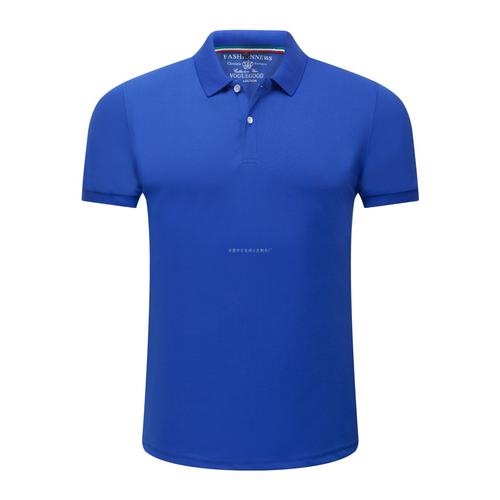Polo shirt is a very popular fashion clothing, which has become a must-have clothing for many people in daily life. However, some brands of Polo shirts are very expensive, which makes many consumers confused and dissatisfied. They don’t understand why such simple clothes can sell for so much money. In fact, there are many reasons for the high price of Polo shirts. I will briefly introduce them below.
First of all, Polo shirts have very high quality requirements. High-quality Polo shirts usually use high-quality fabrics, such as high-quality cotton, wool, etc. These fabrics not only feel good and are comfortable to wear, but are also durable and not easy to wear. In addition, high-quality Polo shirts also require careful design and manufacturing processes, and every detail must be strictly controlled. These requirements naturally increase costs and thus the selling price.
Secondly, the brand effect of Polo shirts is very obvious. Polo shirts launched by well-known brands such as Lacoste, Ralph Lauren, and Burberry are naturally expensive. These brands have strong brand appeal. Many consumers believe that wearing clothes from these brands can improve their personal taste and class, and they are more willing to buy them. Therefore, brand effect is also one of the reasons for the high price of Polo shirts.
Finally, production cost is also an important factor in determining the price of Polo shirts. The production of Polo shirts requires consideration of fabric procurement, worker wages, equipment costs, transportation costs and other costs, which will directly affect the selling price. What’s more, Polo shirts from brands like Lacoste and Ralph Lauren are usually manufactured in developed countries such as Europe and the United States, where labor costs are relatively high, so prices have also risen.
To sum up, the high price of Polo shirts is determined by many factors, including quality requirements, brand effect, production costs, etc. Consumers need to be rational when purchasing and choose products that suit them, rather than chasing excessive brand reputation or style trends.








